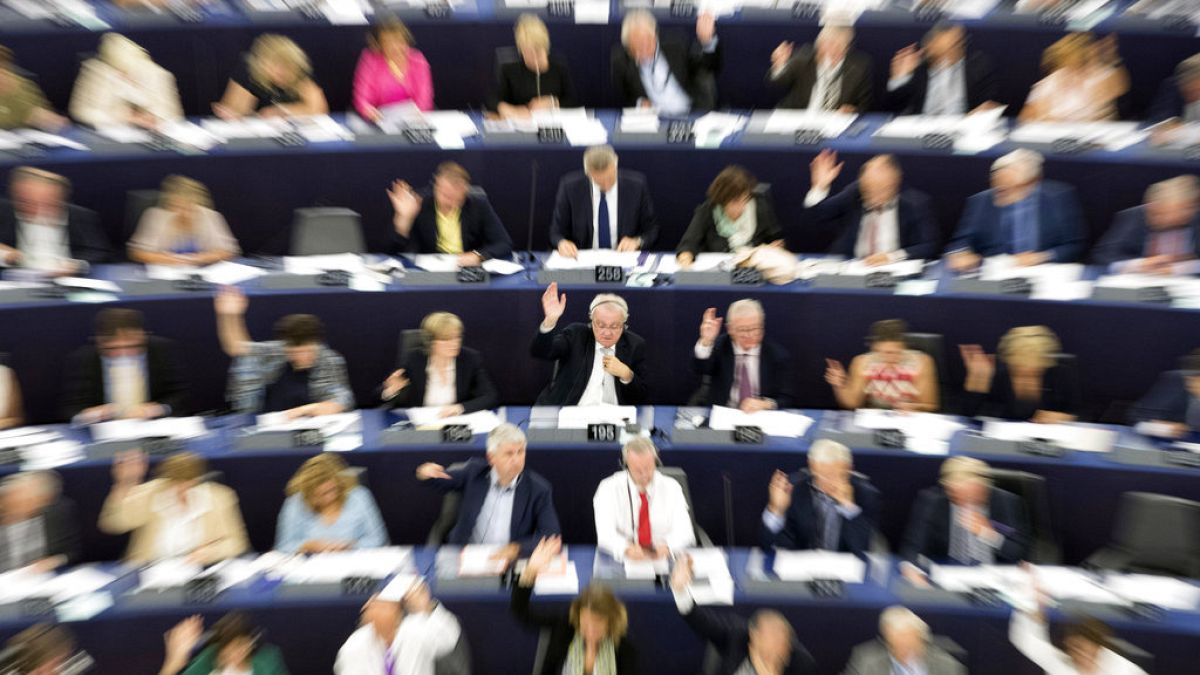The European Parliament recently adjusted its funding schedule, distributing €31 million to political groups in half-yearly instalments after the June elections. These funds are allocated based on the number of MEPs in each group, with the larger groups receiving more funding than the smaller ones. The European People’s Party (EPP) received over €8 million, while the Greens and the Liberals in Renew Europe received around €3.4 million each. The Europe of Sovereign Nations group, with just 25 MEPs, received €1.17 million. Overall, each MEP is worth an average of around €90,000 in funding.
The funds in the European Parliament budget are distributed based on a calculation where 97.5% is allocated in proportion to the number of MEPs and 2.5% is distributed equally among the groups. Political groups use these funds to finance public information campaigns on their activities in the European Parliament, as well as cover administrative and operational expenses. The funds cannot be used to support national political parties or election campaigns. In the past, Parliament has taken action to recover funds when they were misused, such as in the cases of the Danish People’s Party and the National Rally in France.
In addition to the €31 million allocated to political groups, the European Parliament also provides funding to MEPs to hire assistants and finance European political parties. These funds are separate from the political group allocations and are used to support the work of the groups in the European decision-making process. Political groups play a crucial role in legislation, scrutiny, and control of the European Commission, making it important for them to be well-resourced. The funds allocated to the groups support their political priorities, such as the green transition, social Europe, and the fight for rights and democracy.
Overall, the European Parliament’s budget allocates around €65 million per year to political groups, with each MEP receiving an average of €90,000. The majority of these funds are distributed in proportion to the number of MEPs in each group, with larger groups receiving more funding. These funds are used for public information campaigns, administrative and operational expenses, and cannot be used for national party support or election campaigns. The European Parliament also provides additional funding to MEPs for assistants and supports European political parties to aid the work of the political groups in the decision-making process.










